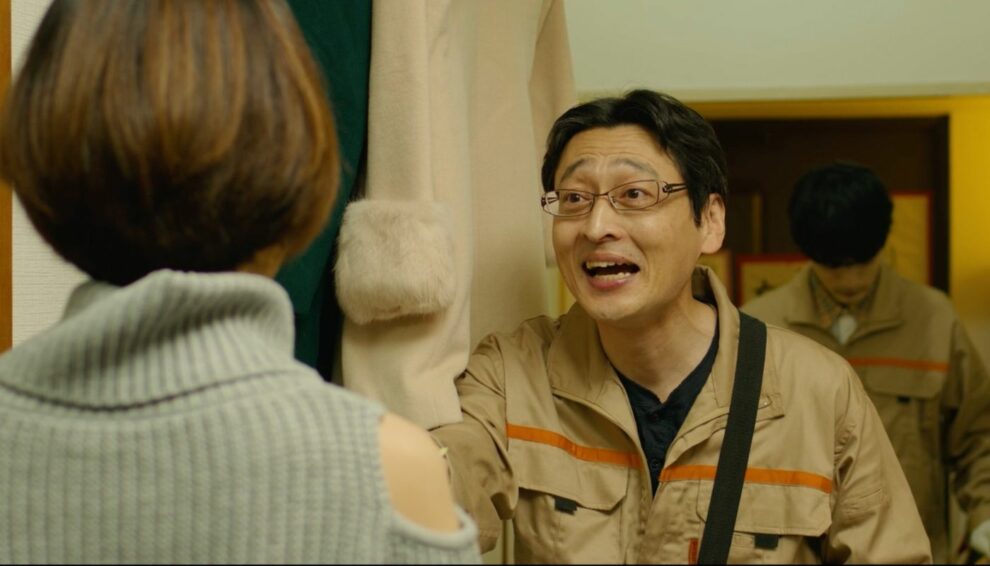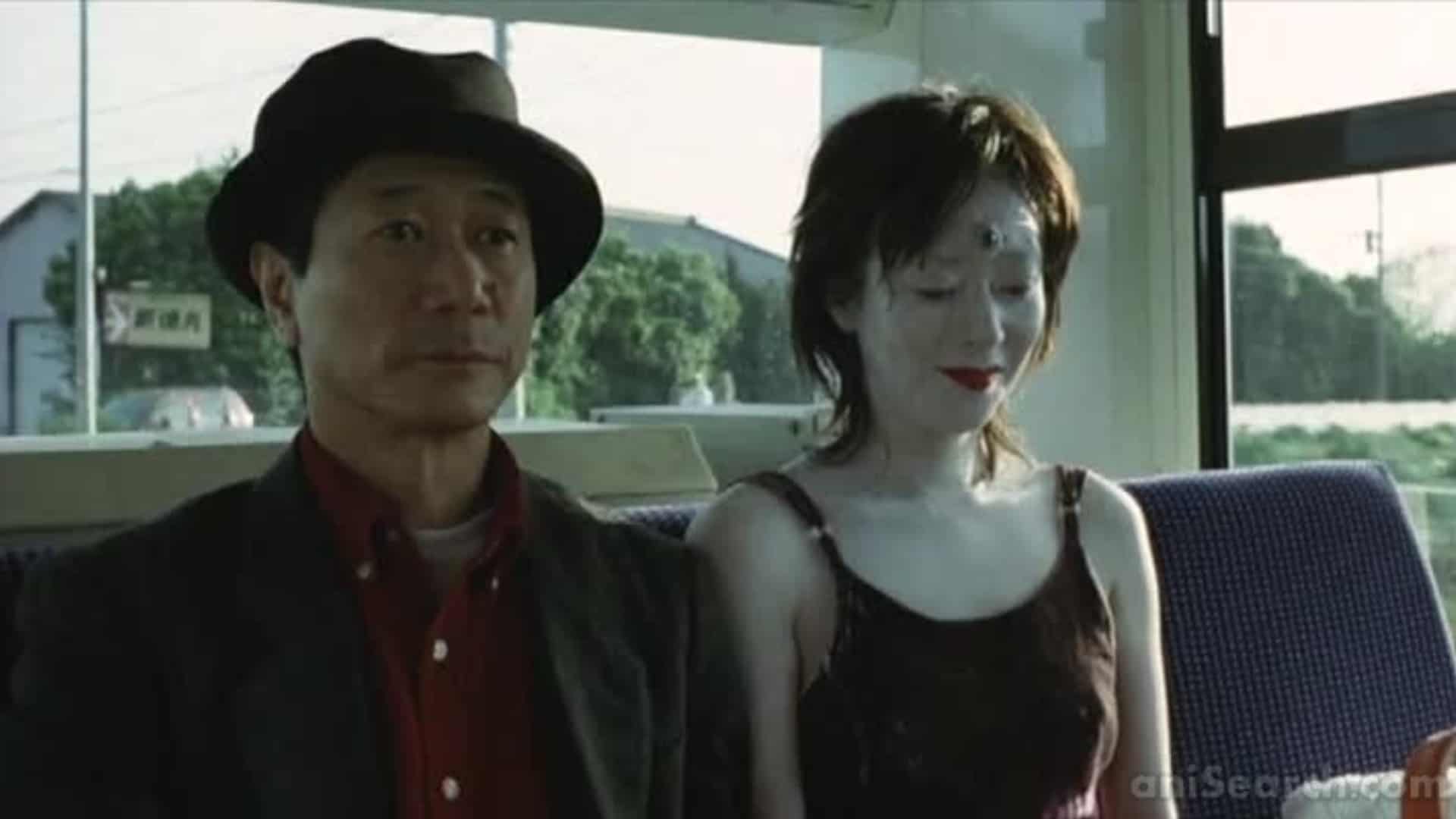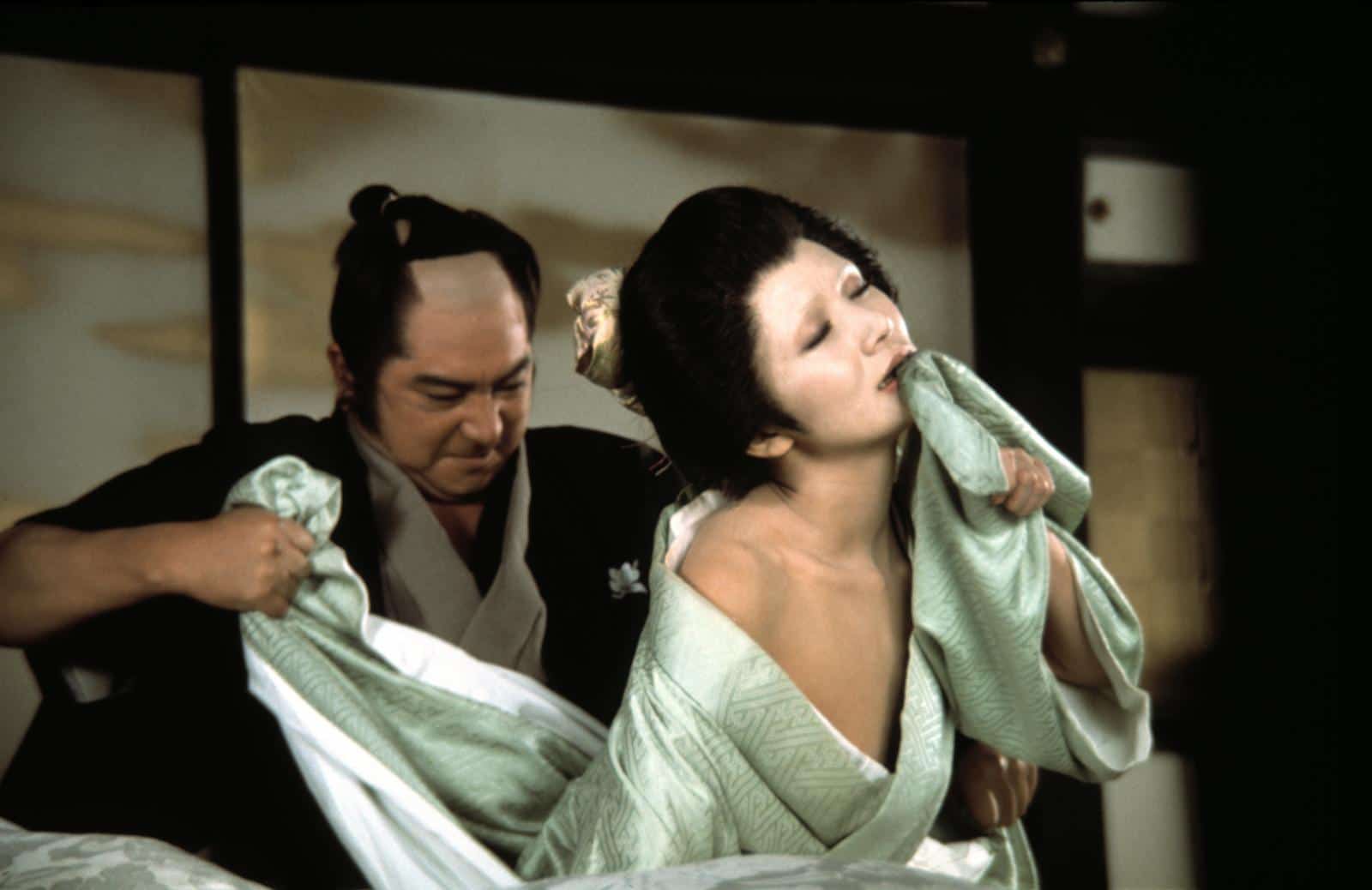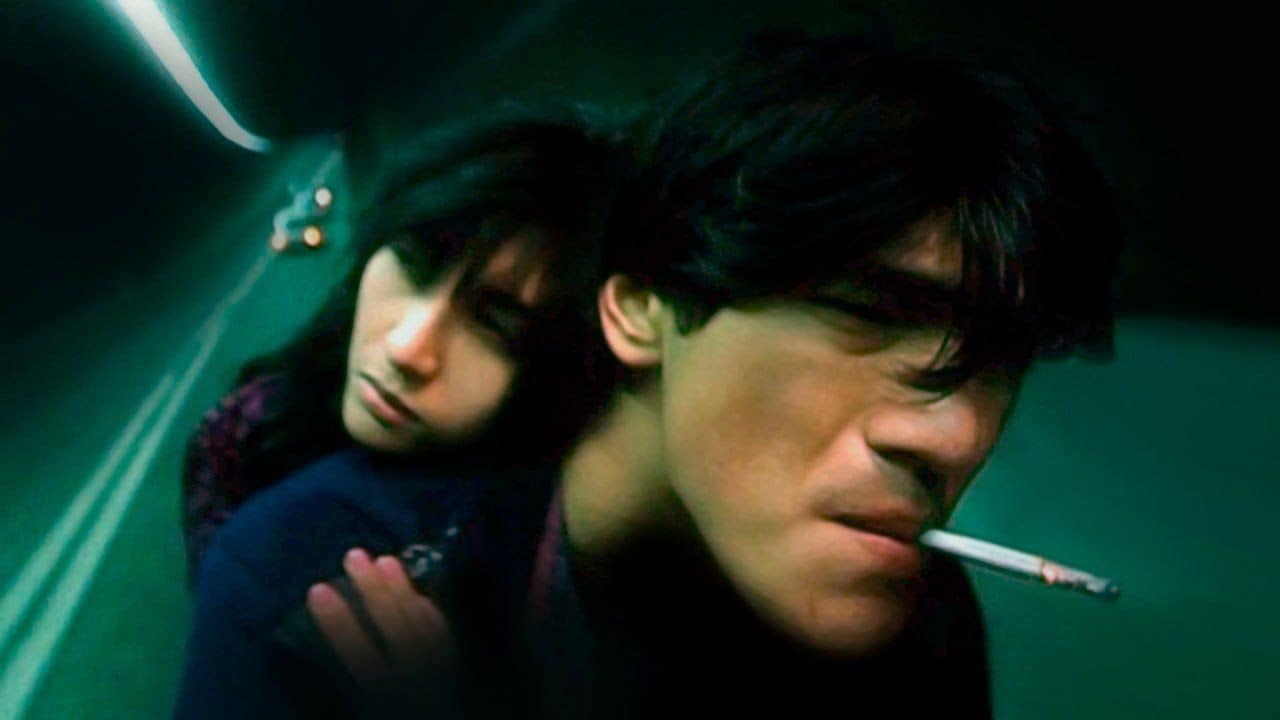“Failing to succeed both as a pianist and a piano teacher, Ritsuki accepts a job at a cleaning service that specializes in clearing out cluttered apartments. He is not only confronted by loads of trash but also by dark secrets.”
Hoarder on the Border is screening at Nippon Connection
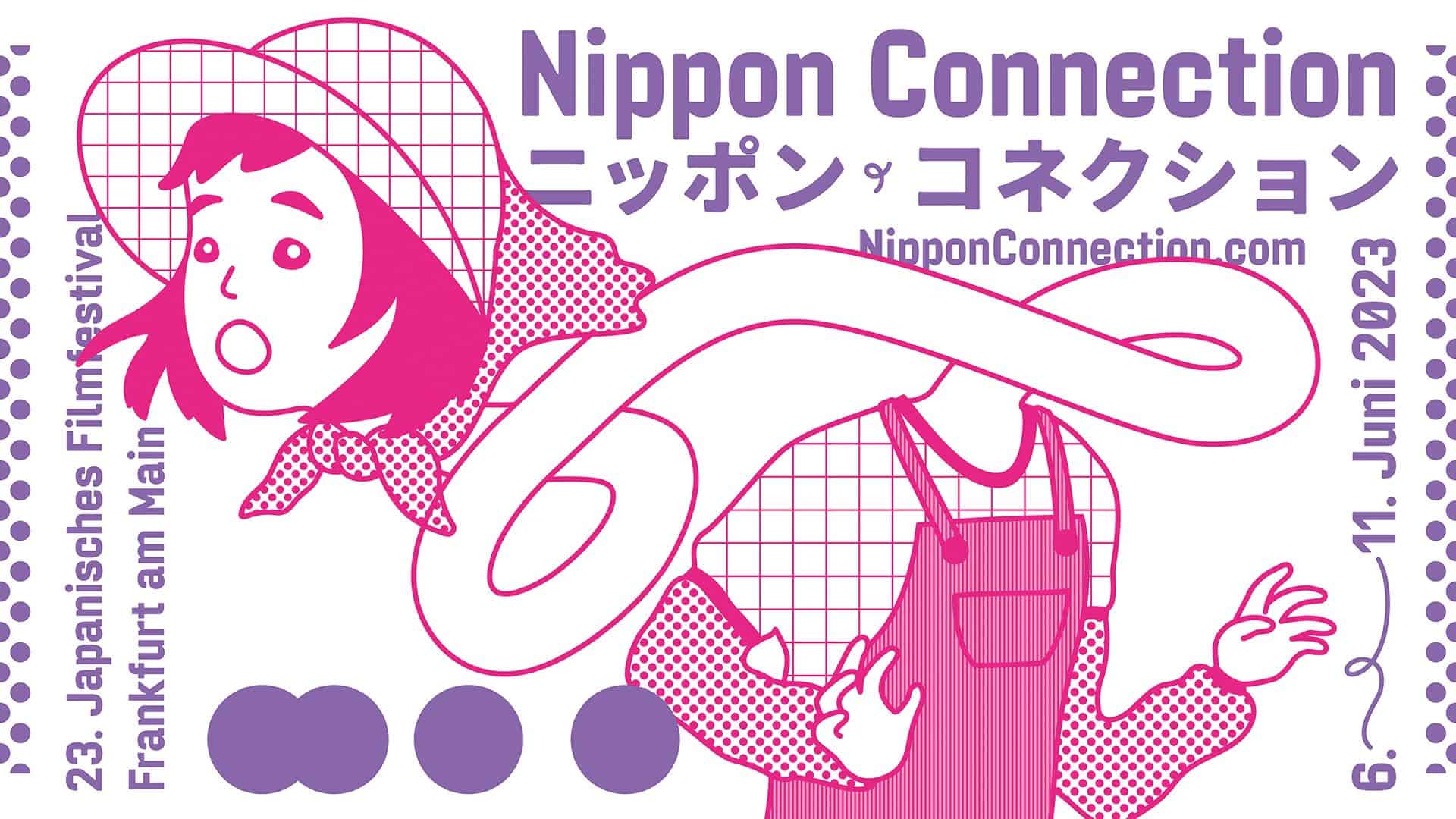
A peculiar anthology, “Hoarder on the Border” delves into the lives of several people struggling with extreme hoarding. These stories are tied together by Ritsuki, a failed pianist who takes a job with a cleaning agency that specializes in quick and discreet removal of junk from homes. While Takayuki Kayano's second feature-length film lovingly embraces the filth of its characters with a considered comedic approach, “Hoarder on the Border” only really scratches the surface of the complexities of obsessive behavior.
The success of the project lies within the production's ability to navigate sensitive subject matter with a degree of wit, never mocking its subjects but rather using the items they entomb themselves in to explore aspects of their life or personality that have fallen into disarray. Sometimes this is a simple loss of a loved one or the extreme behavior can be attributed to public perception or a deeper insecurity. The kind treatment of characters with crippling problems allows the elements of humor to land without judgment–humor is never at the cost of someone else's misfortune. Moreover, the various staff at the cleaning agency radiate sincerity in their desire to help improve the lives of their clients regardless of their situation.
Check also this interview
While the comedic elements prove to be the highlight, the film itself is not solely focused on making the audience laugh, as the humor serves as a way to break up the severity of extreme hoarding. As such, to call the film a comedy would be a mistake, but it is important to emphasize this element as it pushes through what is an otherwise tedious set of drama pieces. Undeniably, the sincerity is apparent but the anthology format doesn't allow the viewer to dig too deep into the trash that is made to define its subjects' internal conflicts. The connectivity between segments, brought on by recurring characters, does little to aid in understanding the larger issues facing the various eccentric personas. At its worse, the film feels tedious and aimless in its episodic format that adds little value to each segment.
Thankfully, the production is backed by phenomenal performances that help break through the mundanity of the film's structure. Notably, Masayasu Kitayama as the owner of the cleaning agency, Yakichi Ichiki, is wonderfully charismatic as he balances sincerity with business savvy and a constant need to save and cut corners. As the center point for all the stories, Ryo Shinoda does an adequate job as a semi-awkward individual whose character growth is seen in gaining confidence the more time he spends digging through the filth of others and becoming entwined in their lives. Other notable performances include Shigeru Izumiya as a senior hoarder whose stubbornness makes his segment the most entertaining, and ex-AKB48 member Tomu Muto gives an endearing and memorable performance as a young professional whose struggles with hoarding are tied to uncertainty in a relationship.
The film stays largely serviceable with the visuals and direction never managing to overly impress but staying ideally focused on the subjects and their lives of dealing with garbage. However, the set design deserves particular praise as the various locations do capture the actual chaos of hoarders, to the point one could assume the production team found existing spaces for filming. The soundtrack, when utilized, is a complimentary mix of classical and atmospheric music, but this element feels largely underrepresented in its sparsity.
“Hoarder on the Border” certainly has its merits, from the way it balances humor with sincerity to the strong performances, but the overall experience largely lies in tedium due to its structure that does not allow the viewer to gain a deeper understanding of its eccentric characters that appear throughout. While disregarding the production entirely for its shortcomings is foolhardy, the film can still be appreciated if approached with patience and putting emphasis on the desirable elements. Moreover, those who have dealt firsthand with obsessive hoarding may find catharsis in giving the characters redemptive arcs and portraying them as human, even if this aspect fails for those with only a passing interest in the mental affliction.


